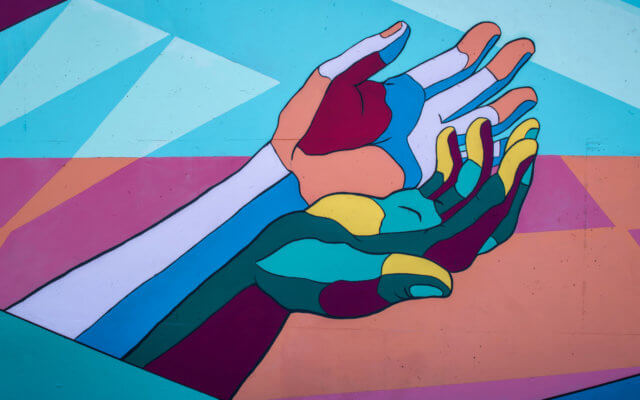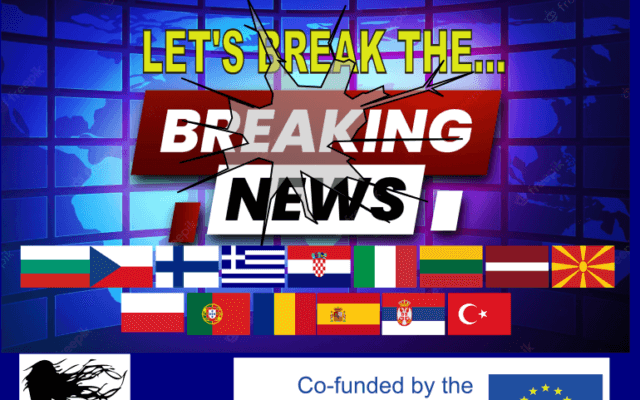ERASMUS+, Key Action 1: training course
Dates: 23 June—1 July 2025
Venue: L’Étang-Salé, Réunion island, Indian ocean, France
National team: 4 participants — youth workers
Please read the info-pack
Hosting organisation: Ici & Ailleurs
Project report:
L’Étang-Salé, Réunion Island | 24–30 June 2025
From June 24 to 30, 2025, I had the opportunity to participate in the Erasmus+ training course “Practical Green: Empowering Youth Workers for Sustainable Actions”, which took place on the beautiful Réunion Island, France. The project gathered youth workers from five countries — the Czech Republic, Portugal, Spain, Poland and France — to explore ways of promoting sustainability through local actions and youth work.
The training course aimed to equip youth workers with the skills, knowledge and mindset to take meaningful action in their communities in response to the climate crisis. Its main objectives included:
- increasing awareness of environmental issues and interdependencies,
- providing tools and methods for sustainable youth work,
- encouraging international exchange of good practices, and
- fostering cooperation between organizations.
Throughout the week, we took part in interactive workshops and discussions focusing on key environmental topics, such as ecological and water footprints, the urgency of climate action, and the role of youth in sustainable development. We also reflected on how local initiatives can contribute to global impact.
One of the most engaging parts of the training was working in teams to create and present practical project outcomes. As a group, we designed a free community pantry model and developed informative leaflets promoting sustainable lifestyles — two tangible results that we hope to implement back home.
This training course was both educational and transformative. I learned about the environmental challenges our societies face and how to address them creatively through youth work. I also discovered a variety of successful sustainability practices from different countries — some large-scale, others small but effective.
Equally important was the personal growth: I improved my skills in international communication, teamwork, and creative project planning. The safe and supportive environment allowed for genuine exchanges and mutual learning.
One of the greatest values of the training was the opportunity to collaborate with peers from across Europe. Working in such a diverse group opened my eyes to different cultural perspectives on sustainability and inspired me to think more inclusively.
The intercultural evenings were a highlight — sharing music, food and traditions helped us connect beyond the project itself and build friendships that continue beyond the training
Motivated by this experience, I plan to share what I’ve learned with others in my local community and youth organization. I am already planning to organize a small workshop focused on sustainable living for local young people, and I hope to bring the idea of the community pantry to life.
Participating in this Erasmus+ project reaffirmed my belief that even small actions can lead to big change — especially when they are supported by strong international cooperation and shared values.
Štěpán





